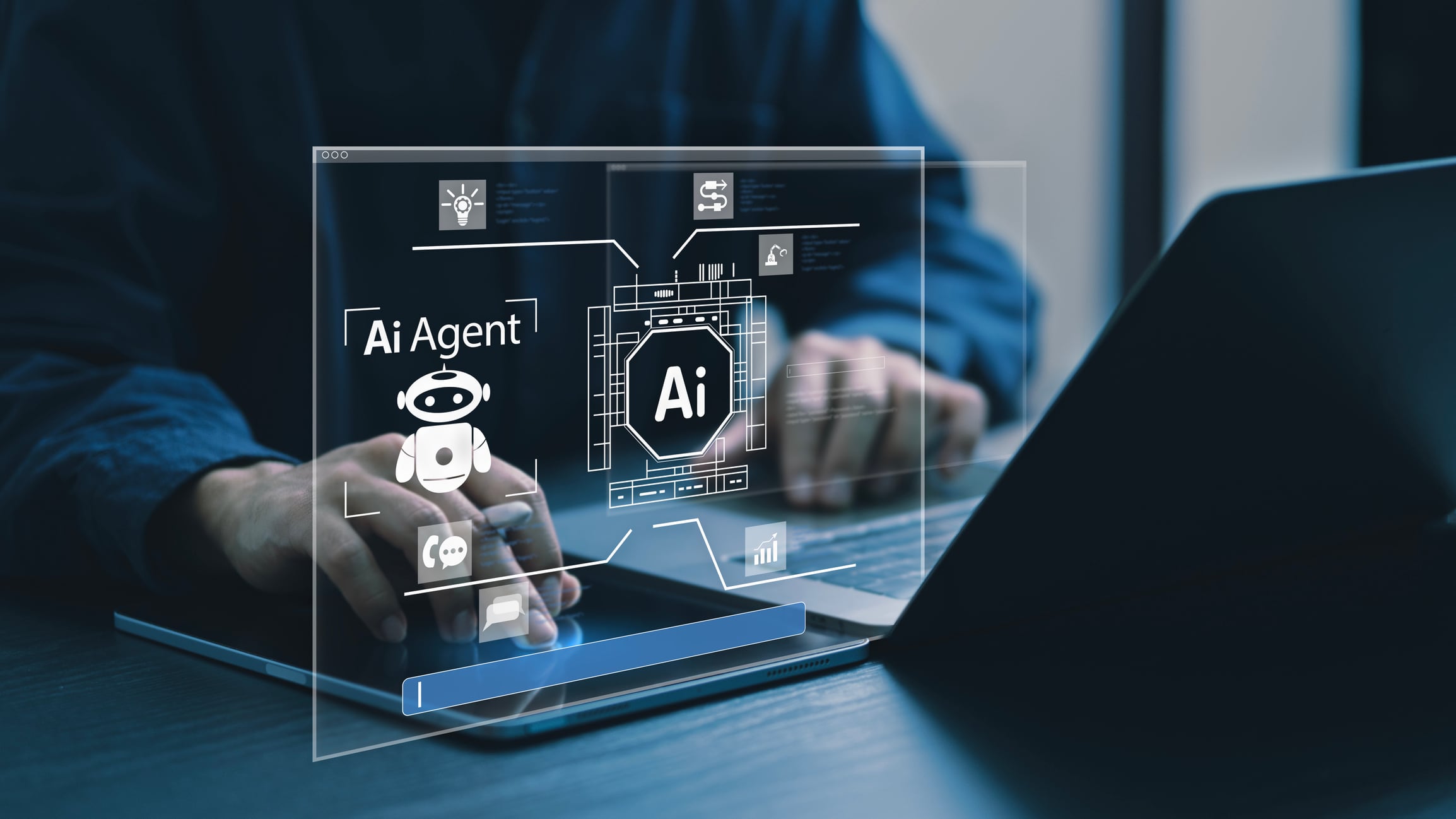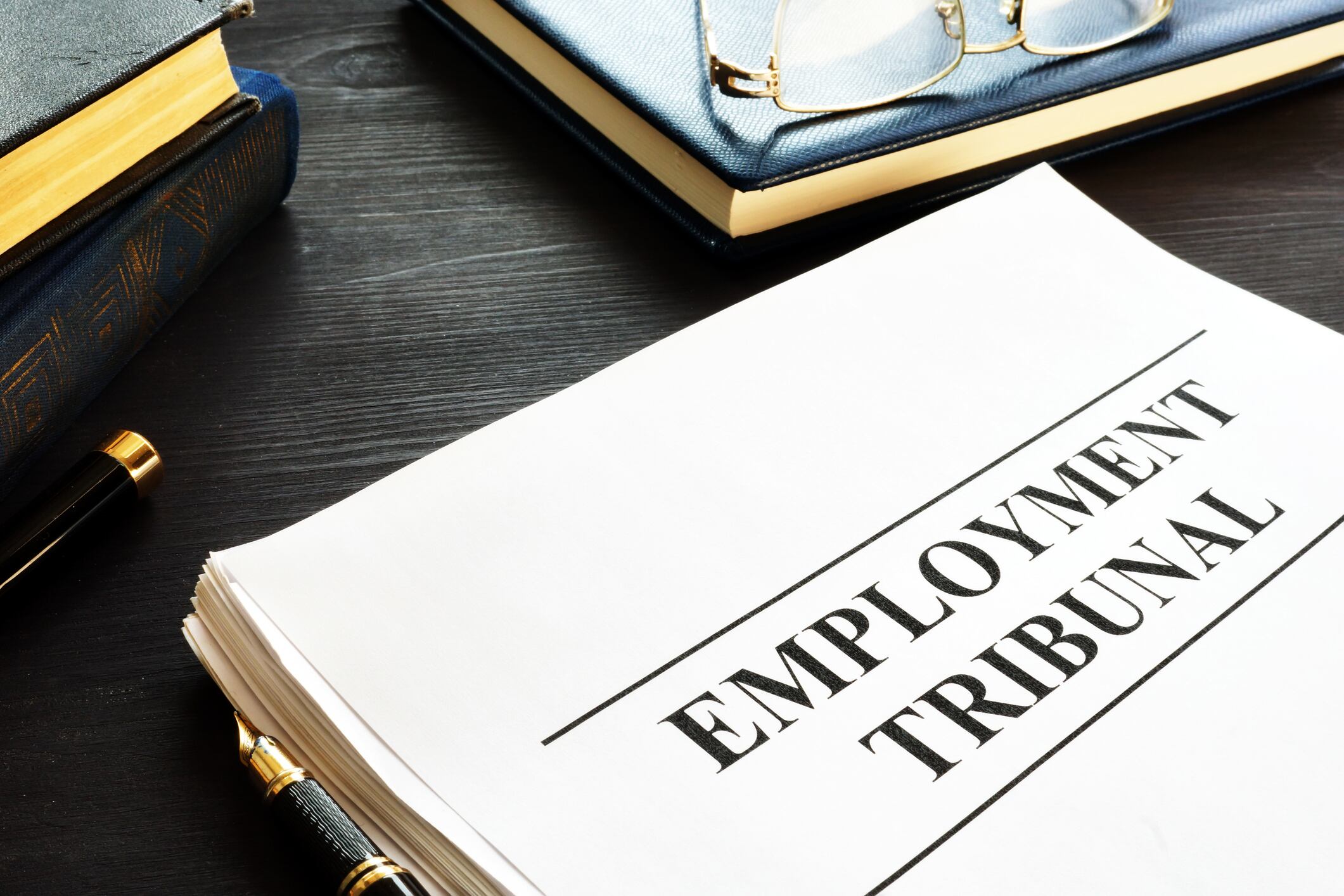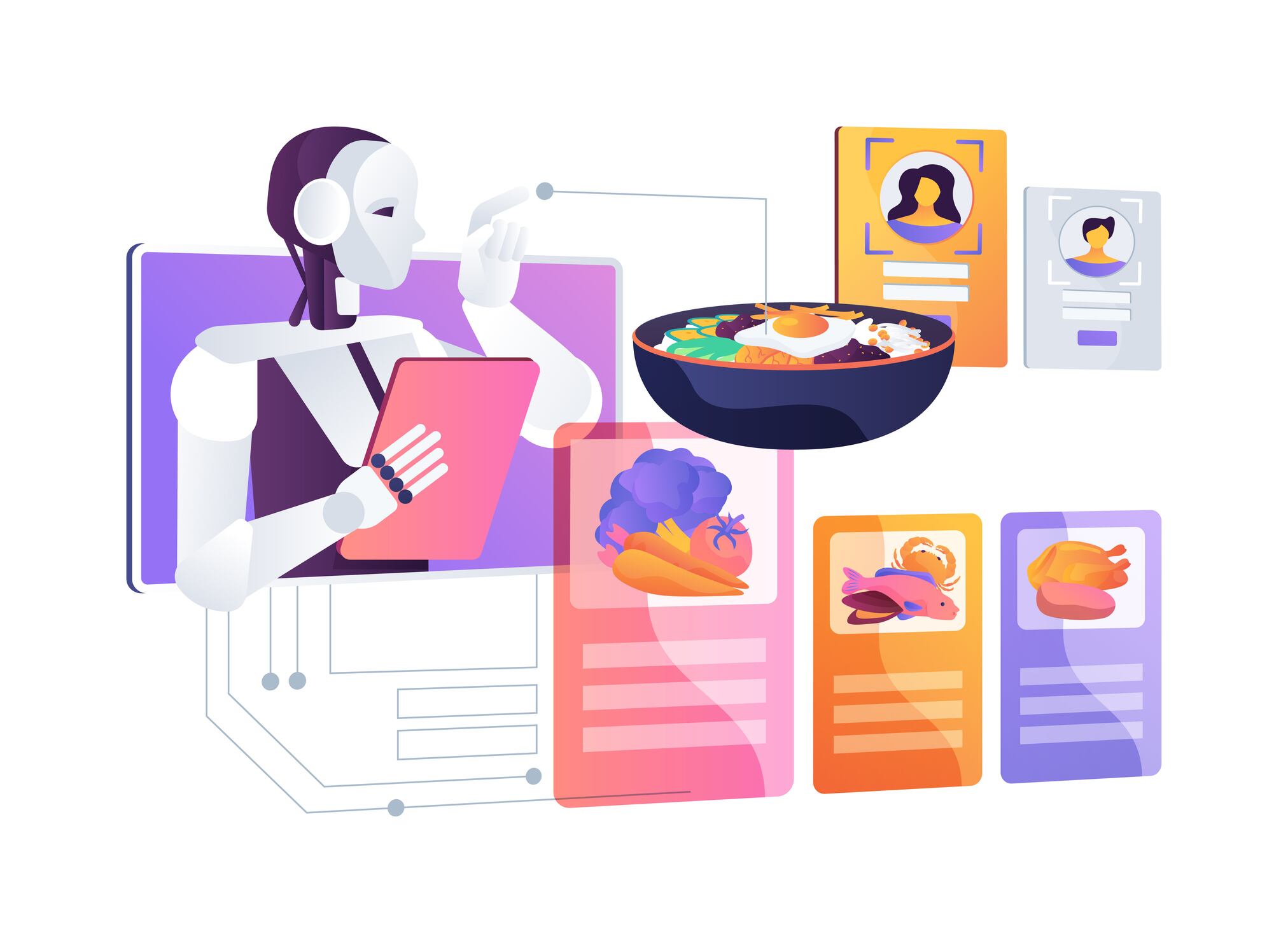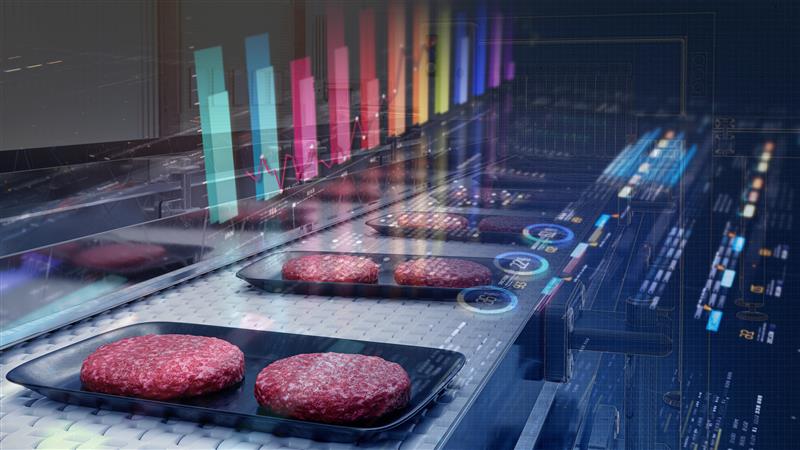‘It’s nothing new’ so they say; we have been using computers for donkey’s years and automation is also rife in the food and drink industry.
Over the past couple of years though, a new world of tech has started to appear with the emergence of AI and large language learning models (try saying that after a few beers!) and global tech businesses are burning through the cash in an arms race to get to generative AI a system that can think for itself.
This could have both positive and negative impact for food and drink businesses.
The pros
On the plus side, the opportunities are enormous. I think we will see the end of the ‘failed launch’, as predictive AI models can run virtual tests on prototypes and concepts before they even hit the shelves, powered by that free thing we have given away on social media: our data. AI will also assist food waste management and feeding our ever-growing population through its ability to analyse and make sense of supply chain data and help with more accurate forecasts from field to fork.
In addition, I think autonomous cars and, more importantly, robots will make a huge impact on our lives both in and out of work. Robots will help drive efficiency across our industry and take on some of more mundane and dangerous jobs from us. Hopefully we will give names to these new robots, and I know I would want to put clothes on them as well! I even have Chat GPT bot called Jane who is my virtual assistant. She is set up on my phone, and I speak to her every day.
The cons
However, I also believe that humans are unique, and we have special qualities that AI simply cannot replace such as storytelling, bringing in culture, emotion and memories. Food and drink and the celebrations around this are the DNA of our civilisation and will be difficult to replicate.
AI cannot also replace good old fashioned chit-chat either and the ideas and opportunities that come from it. When we connect human brains, we can do remarkable things because everyone thinks and sees the world differently.
There is also no replacement for gut instinct and intuition, which in my view is a sixth sense in most people, and that old saying ‘if it’s too good to be true it usually is’ - how often does that prove to be correct?
And, as AI gets smarter and can think for itself, are we missing something obvious? What happens when the robots decide they don’t want to do the unpleasant jobs we have proudly given them? As they get brighter too, they may get lazier. Or maybe I am the only one who has thought this?
Yet, many business leaders are prioritising automation and using AI to reduce headcount, rather than investing in skills training, according to new research from BSI.
The group has warned leaders are potentially overlooking the human capital implications.
Just over half of the business leaders in the UK surveyed say AI is enabling headcount reductions (51%). Almost a third of all UK respondents reported that their organisation now explores AI solutions before considering hiring a human (29% compared to 31% globally), with almost two fifths in the UK (41%) expecting this to be the case within five years.
Already, some business leaders think AI tools can equal or outperform human ability, with a quarter of respondents in the UK saying that all or most tasks done by an entry-level colleague could be performed by AI.
Two fifths globally (39%) say entry-level roles have already been reduced or cut due to efficiencies made by AI conducting research, admin and briefing tasks, and 43% expect this to happen in the next year.
But in order to make this thing called AI work, we will need lots of chips. On a recent trip to the North Yorkshire coast, I passed one of the UK’s largest chip factories, but these were of the oven variety!
If only these chips were the chips everyone is talking about, we would all be billionaires...
Until next time.




